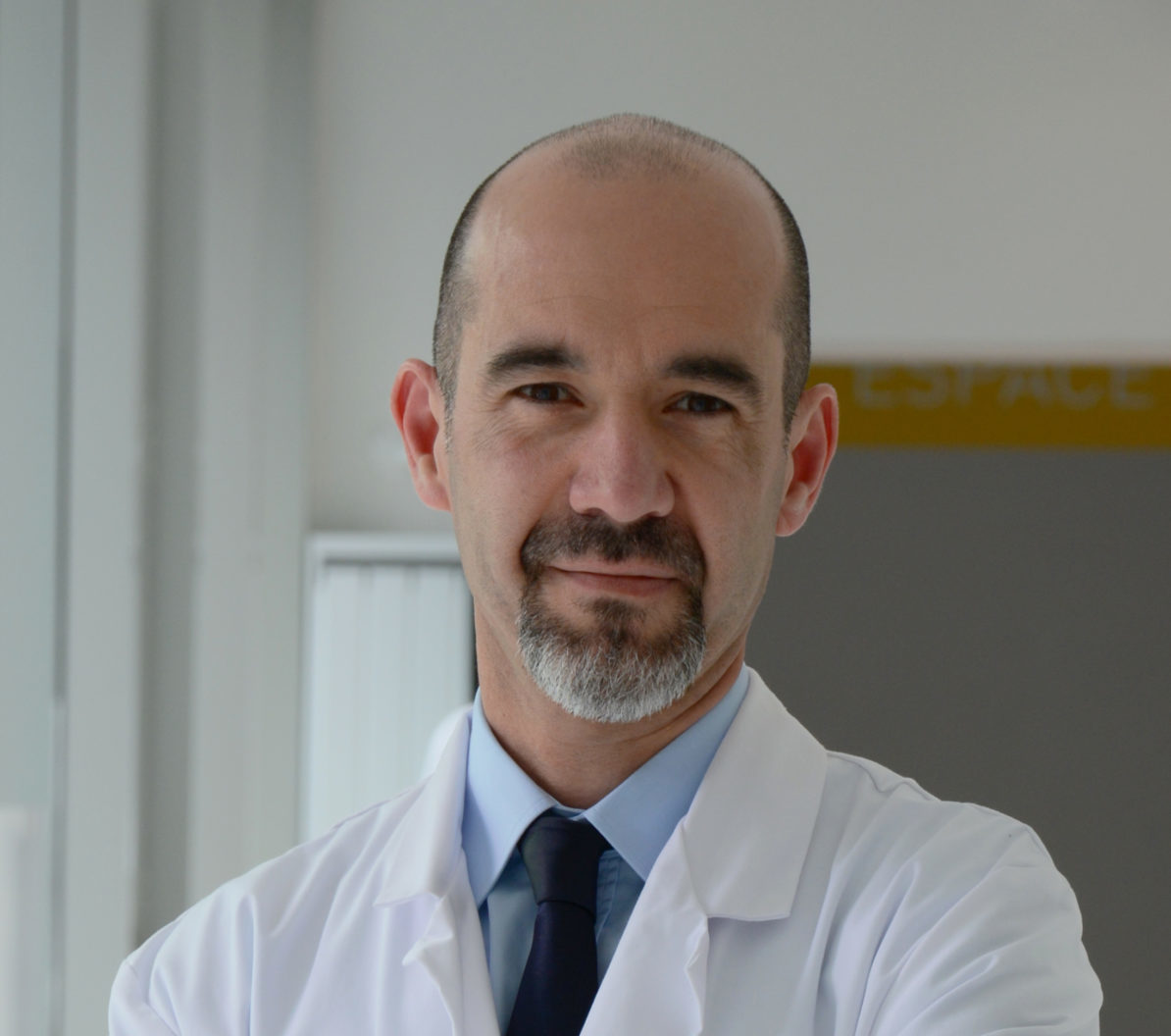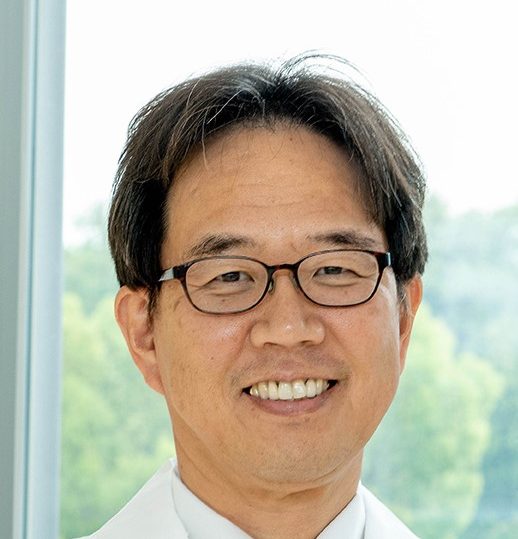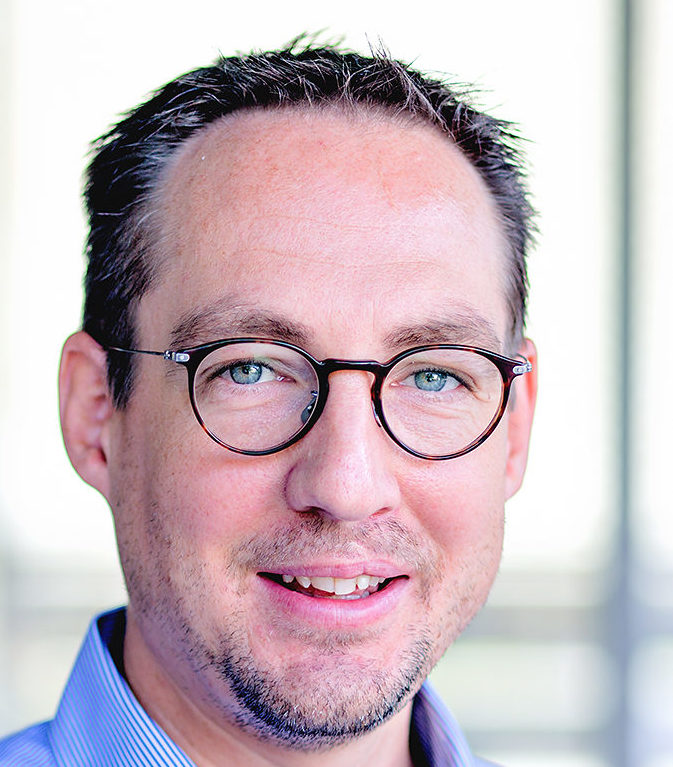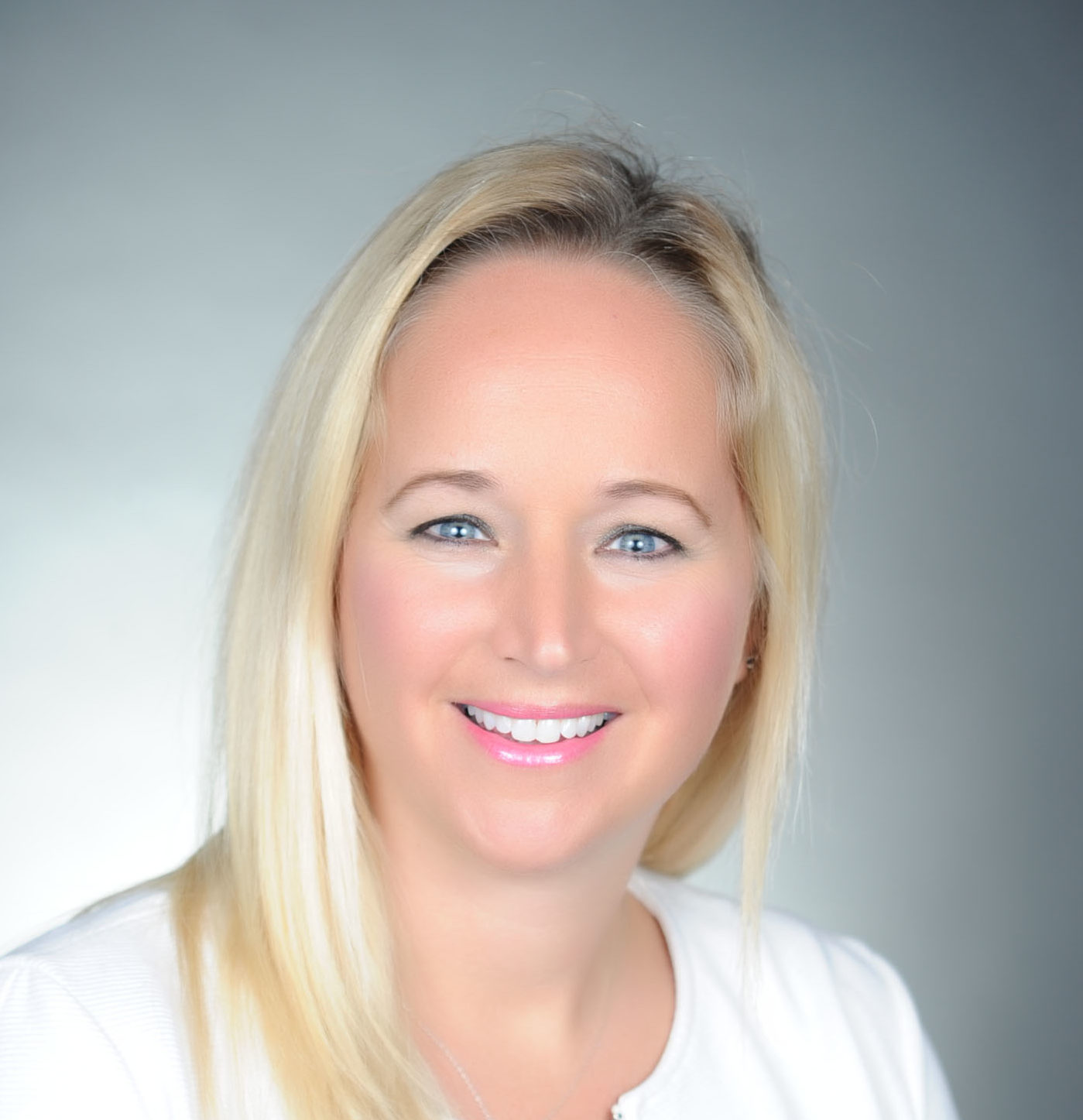touchMDT Continually improving care: Evolving role of the MDT in early EGFR-mutant NSCLC
Watch leading specialists from the multidisciplinary tumour board discuss optimal approaches to managing patients with early-stage NSCLC, with or without an EGFR driver mutation
Overview & Learning Objectives
James is a 65-year-old never-smoker diagnosed with early-stage EGFR-mutant NSCLC. How can the MDT optimize treatment choices?
Medical Oncologist, Pulmonologist and Thoracic Surgeon
A medical oncologist, pulmonologist and thoracic surgeon assess the suitability of the patient for surgery and expanding treatment options
Expert Spotlight
Dr David Planchard, a medical oncologist at Gustave Roussy, Villejuif in France, Prof. Johan Vansteenkiste, a pulmonologist from Catholic University of Leuven in Belgium, and Dr Masahiro Tsuboi, a thoracic surgeon from National Cancer Center Hospital East, Kashiwa in Japan, discuss the case of James, a 65-year-old patient with stage IIIA NSCLC, to highlight how clinical trial data on neoadjuvant and adjuvant treatment options are impacting decisions around surgical resection.
Learn more Back to MDT HubMedical Oncologist and Molecular Pathologist
A medical oncologist and a pathologist discuss the benefits of biomarker testing in early and locally advanced disease
Expert Spotlight
Dr David Planchard, a medical oncologist at Gustave Roussy, Villejuif in France, and Prof. Albrecht Stenzinger, a molecular pathologist from Heidelberg University in Germany, review the current approaches to biomarker testing in early and locally advanced NSCLC, and how the results can be used to determine appropriate treatment options for James, a 65-year-old patient with stage IIIA NSCLC.
Learn more Back to MDT HubMedical Oncologist and Oncology Nurse Practitioner
A medical oncologist and oncology nurse practitioner discuss how to involve the patient in treatment decisions and the role of the MDT in keeping abreast of the latest data
Expert Spotlight
Dr David Planchard, a medical oncologist at Gustave Roussy, Villejuif in France, and Ms Beth Sandy, a nurse practitioner specializing in thoracic medical oncology at the Abramson Cancer Center at the University of Pennsylvania in Philadelphia in the USA, consider when and how to discuss treatment options and potential side effects with patients receiving adjuvant targeted therapy, with a focus on the case of James, a 65-year-old patient with stage IIIA NSCLC and an EGFR mutation.
Learn more Back to MDT Hub





